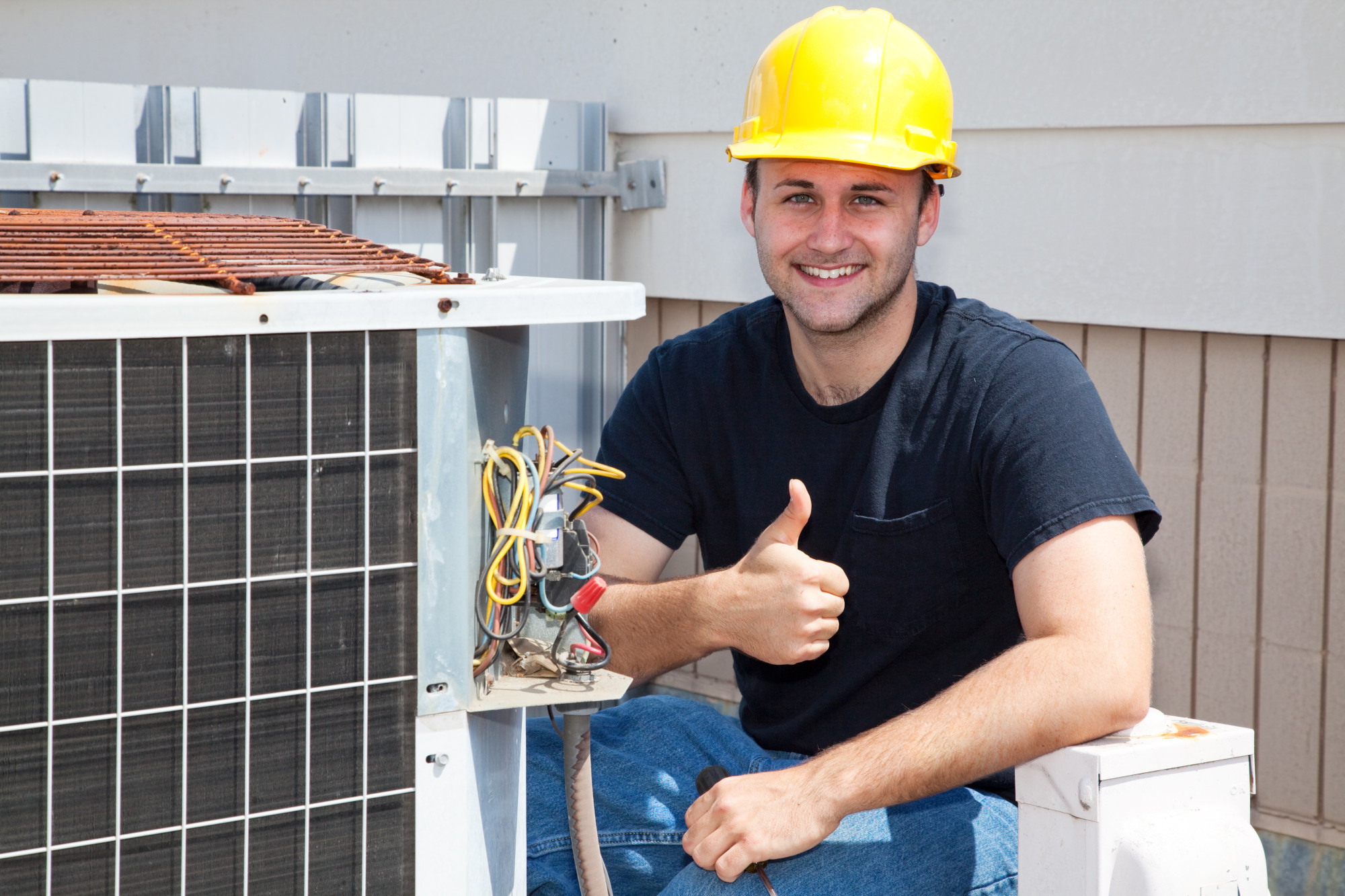
This week begins the 2020 Atlantic hurricane season! The National Oceanic and Atmospheric Administration (NOAA) predicts a busy season this year. Have you readied your HVAC system?
Before the hurricane, air conditioning systems need protection.
If you’re not sure how to prepare your heating and cooling system so that they’re safe from the storms, you’ve come to the right post. Read on and pick up a few tips to prepare your HVAC system for hurricane season.
Keep Up with Routine Maintenance
A well-tuned machine always performs better than the one you ignore for several years.
When it comes to your HVAC system, hurricane preparation should take place every year. Start preparing your air conditioner before the first hurricane of the season ever makes landfall by performing regular AC maintenance.
HVAC technicians recommend scheduling preventative maintenance at least once each year. Routine inspections and tune-ups help your system weather not only hurricanes but also normal wear and tear. Regular maintenance also helps reduce the need for expensive repairs year-round.
Not taking preventative measures before the storm could result in much more substantial damage from the storm.
What You Should Do Before the Storm Hits
The good thing about hurricanes is they never come as a surprise. The National Hurricane Center issues a hurricane warning 36 hours before storm-force winds arrive. Florida residents usually take that time to prepare their homes for the storm.
Along with boarding up your windows and gathering food and water, you should make sure your air conditioner is also safe.
Waterproof Cover
While it’s not intended for everyday use, keep a waterproof tarp to keep on standby. Use it to cover your AC unit during a hurricane. You’ll protect it from water damage caused by heavy rains.
Concrete Slab
If you haven’t done so already, make sure your unit sits on a concrete slab. Not only does the slab ensure a solid foundation for the outside AC unit, but it also ensures your unit stays above standing water left after the storm.
Tie Downs
If you have a new AC, you likely already have tie-down straps securing your unit to its concrete slab. Florida building code implemented this requirement a few years ago. If you’re adding tie-downs to an older unit, make sure they can withstand winds up to 150 mph.
Another critical protective measure you should take is to remove anything from your yard that could become a projectile—store patio furniture and outside toys in your shed or garage during the storm.
Install a Hurricane Kit
Most Florida residents keep a hurricane kit, which includes water, food, flashlight, first aid kit, and a battery-operated radio. Storm kits help you cover necessities and safety for the short time most hurricanes last.
You should also consider installing a hurricane kit for your air conditioner. Installed on the air conditioning unit, hurricane kits are designed for use during power surges and for times when you use a generator to start your AC.
Your HVAC contractor can install the kit for you!
Cool Down Before the Storm
Power outages often accompany hurricanes. You can prepare for a power cut by cooling your home down before the storm arrives.
Let your air conditioner cool your home to a comfortable level in the hours before the storm. Set the thermostat a few degrees colder than usual.
Closing blinds and curtains add another layer of protection. You’ll conserve cold air and keep your home comfortable throughout the storm and during any power outages that occur.
Protect Your Air Conditioning During Hurricanes
To further the conversation about power outages, the first thing you should do once the storm hits is to shut your HVAC system down.
Even if the power doesn’t go out completely, you could experience power surges. The power could also go in and out multiple times. Both power situations can harm your cooling system.
Switch over to floor and ceiling fans for cooling during the storm!
Another reason to turn off the power to your AC is the threat of lightning. A lightning strike could damage your capacitor. If that happens and you don’t realize it, you may end up with a costly compressor repair.
Consider investing in a surge-protector explicitly designed for your HVAC unit. It’s an excellent way to fend off damage caused by lightning strikes and power surges.
Hurricane Aftercare for HVAC Systems
Up to now, our HVAC hurricane tips include things you can do before and during the storm. What about after the hurricane dies down?
After the storm passes and you’re sure it’s safe, go ahead and power up your cooling system.
Use caution when you turn on the AC. Look over your system, and if you notice damage, hold off on turning it on until your HVAC professional can come out and inspect. If you turn on a damaged air conditioner, you could make the damage worse.
Even if your informal inspection doesn’t reveal damage, you need to schedule an inspection with your HVAC contractor. Early damage detection will save time and money!
Need Help with Hurricane Air Conditioning Protection?
We hope reading our tips helps you with preparing your HVAC system for the current hurricane season. Before, during, and after the hurricane, air conditioning systems need protection.
We’re happy to come out and give your system a pre-hurricane inspection, take care of your annual maintenance, or help with other HVAC issues. Call Florida Heat and Air to schedule your appointment today and install your Hurricane Kit! (866)-287-0007
